On November 4, the University of Sydney in collaboration with the Institute of Agricultural and Environmental Policy and Strategy organized the Forum “Sustainable agricultural development associated with environmental protection and climate change adaptation” in Hanoi. The event attracted the participation of managers, scientists and businesses in the fields of agriculture, environment, energy and innovation.
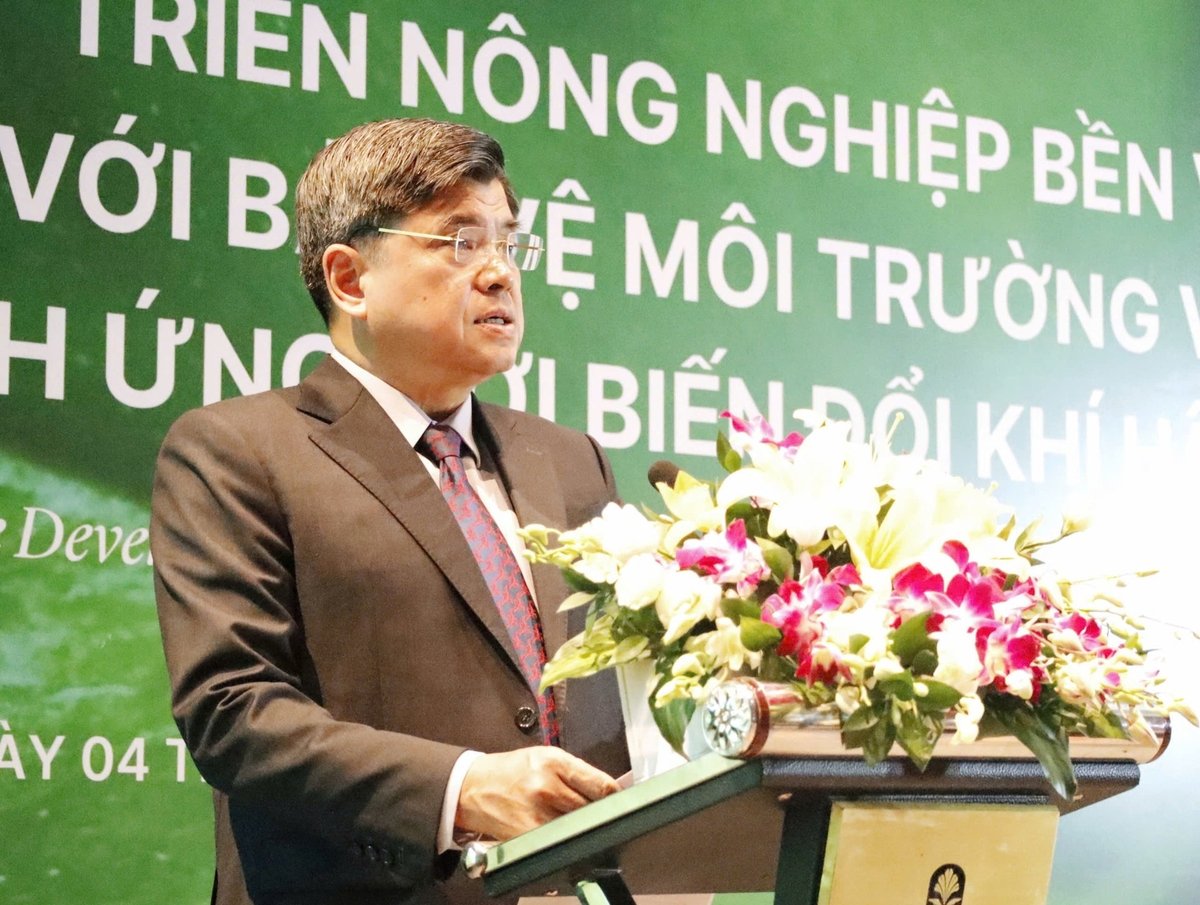
Deputy Minister of Agriculture and Environment Tran Thanh Nam said that cooperation with Australia is strategic, opening up great opportunities in research and application of advanced technology. Photo: Hoang Hien.
Speaking at the forum, Deputy Minister of Agriculture and Environment Tran Thanh Nam emphasized that in the context of climate change, resource depletion and economic growth pressure, sustainable development and circular economy are the inevitable path for Vietnam and other countries to move forward. The forum is an opportunity for parties to share research results, practical models and propose innovative solutions to promote the green transition process.
Vietnam is currently implementing many important national strategies such as the Circular Economy Strategy, the National Climate Change Strategy and the roadmap to net zero emissions by 2050. In particular, cooperation with Australia - a country with extensive experience in high-tech agriculture, renewable energy and resource management - is of strategic significance, opening up great opportunities in research and application of advanced technology.
Professor Nguyen Thu Anh, President of the University of Sydney, said that the circular economy does not only stop at reducing waste, but also rebuilds the entire production-consumption system, aiming at an integrated model between waste management, energy conversion and sustainable agriculture. The two countries can share experiences in building ecological industrial parks, recycling infrastructure and applying AI and IoT technology to optimize supply chains, reduce emissions, and at the same time improve the capacity of the young generation of Vietnam.
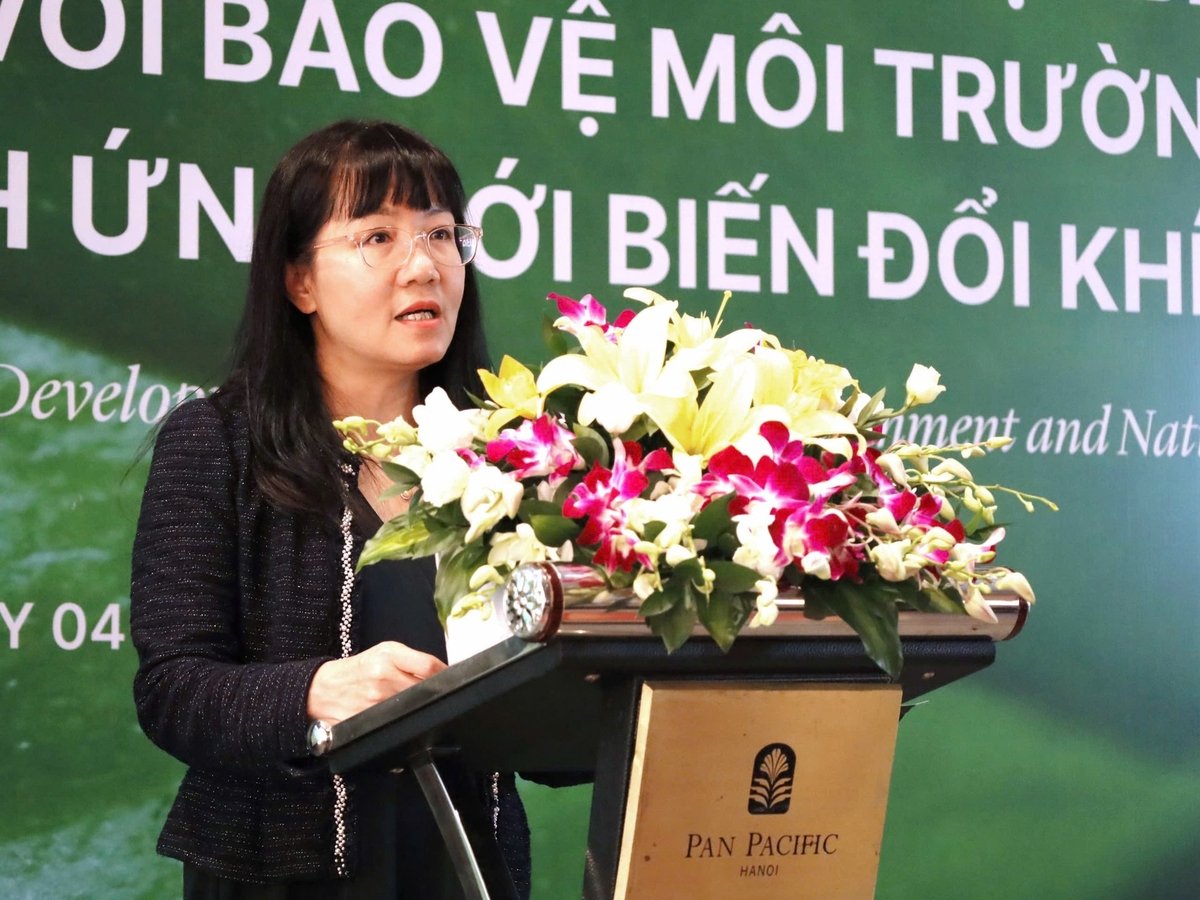
Professor Nguyen Thu Anh, President of the University of Sydney, said that the circular economy does not stop at reducing waste, but also rebuilds the entire production and consumption system. Photo: Hoang Hien.
Representative of the United Nations Development Programme (UNDP), Ms. Hoang Thi Dieu Linh shared the model of "Fishing boats bringing garbage to shore" being implemented in Binh Dinh, with solutions to collect plastic waste from the sea through fishermen's commitments and a reward-for-trading system. Since the beginning of 2024, the program has collected about 3 tons of garbage and is expanding to other fishing ports. UNDP is also implementing a secondary materials trading floor model and a responsible purchasing framework for plastic scrap, aiming to build a fair and efficient plastic supply chain.
On the Australian side, Professor Ali Abbas, University of Sydney, shared Australia's experience in developing a circular economy, emphasizing the role of product design throughout the entire life cycle, avoiding single-use products, promoting chemical recycling to turn hard-to-recycle plastics into new materials, moving towards Australia's goal of achieving 100% recyclable or reusable packaging and eliminating single-use plastics by 2025.
At the forum, Vietnamese scientists also introduced new research directions on climate change adaptation in the Mekong Delta, developing a circular bioeconomy, producing silica from rice husk ash, and utilizing agricultural by-products in An Giang.
Concluding the forum, Deputy Minister Tran Thanh Nam highly appreciated the presentations and shared opinions, saying that these are important suggestions for long-term cooperation between Vietnam and Australia in agriculture, environment and resource technology, contributing to promoting sustainable development in the new period.
Source: https://nongnghiepmoitruong.vn/thuc-day-hop-tac-viet-nam--australia-trong-phat-trien-nong-nghiep-ben-vung-d782224.html




![[Photo] Opening of the 14th Conference of the 13th Party Central Committee](https://vphoto.vietnam.vn/thumb/1200x675/vietnam/resource/IMAGE/2025/11/05/1762310995216_a5-bnd-5742-5255-jpg.webp)

![[Photo] Panorama of the Patriotic Emulation Congress of Nhan Dan Newspaper for the period 2025-2030](https://vphoto.vietnam.vn/thumb/1200x675/vietnam/resource/IMAGE/2025/11/04/1762252775462_ndo_br_dhthiduayeuncbaond-6125-jpg.webp)



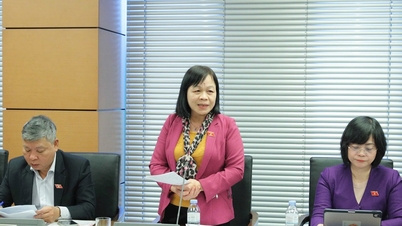

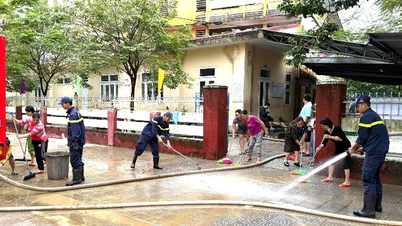

![[Photo] Ho Chi Minh City Youth Take Action for a Cleaner Environment](https://vphoto.vietnam.vn/thumb/402x226/vietnam/resource/IMAGE/2025/11/04/1762233574890_550816358-1108586934787014-6430522970717297480-n-1-jpg.webp)

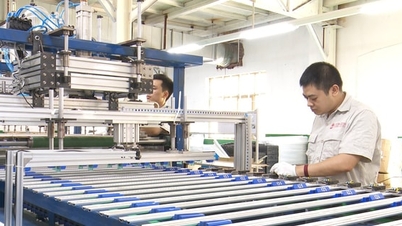

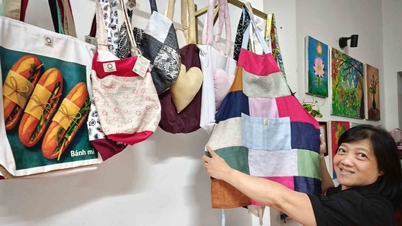



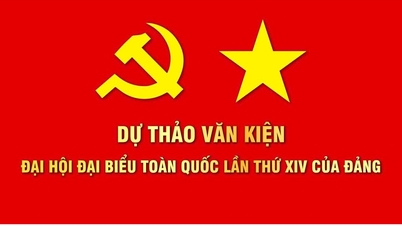
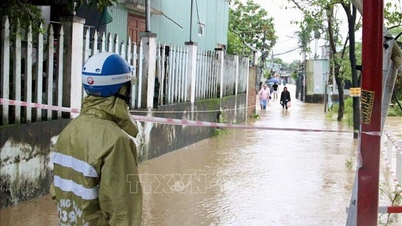
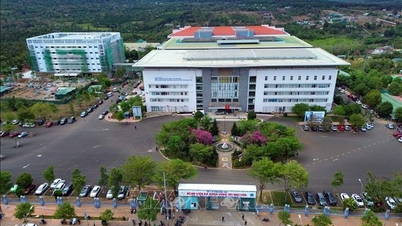
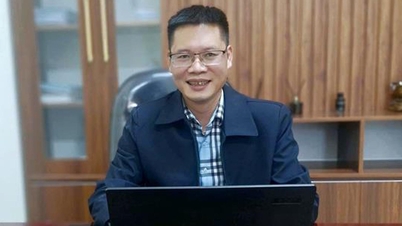





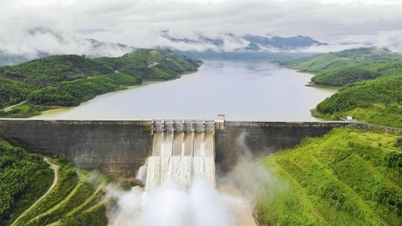
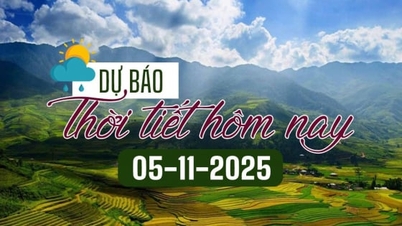
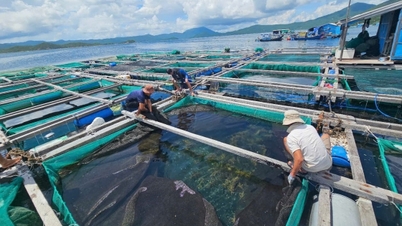


![From working for hire to becoming a boss: [Lesson 5] Sending - learning - returning - creating](https://vphoto.vietnam.vn/thumb/402x226/vietnam/resource/IMAGE/2025/11/05/1762297489528_1546-anh-3-072934_320.jpeg)




















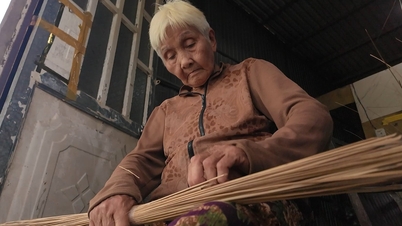














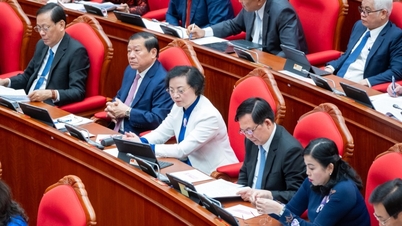
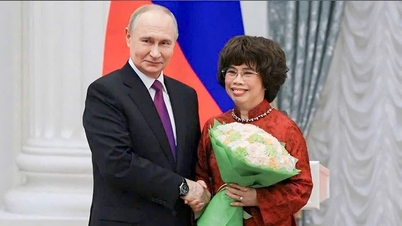
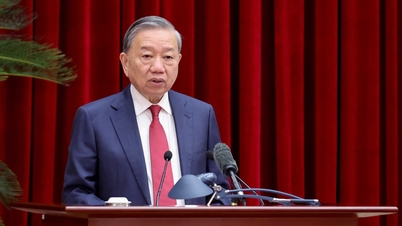


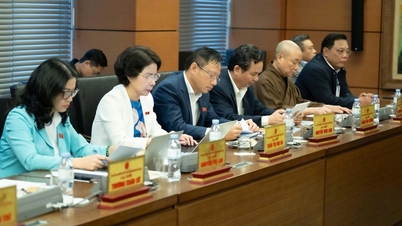

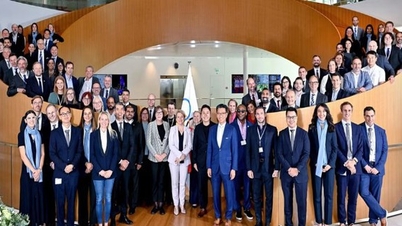

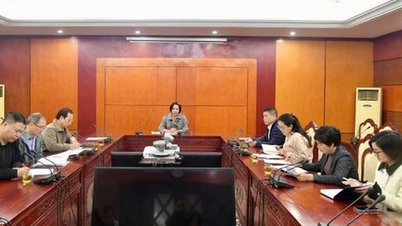
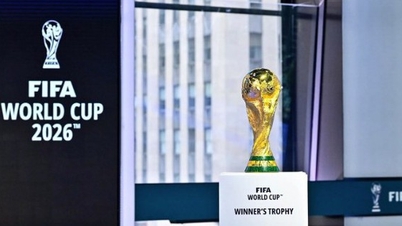
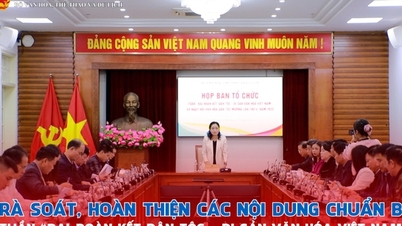
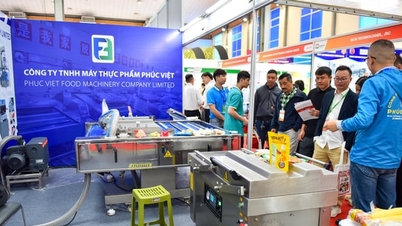
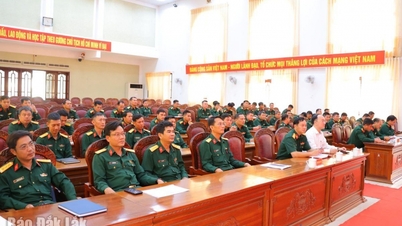

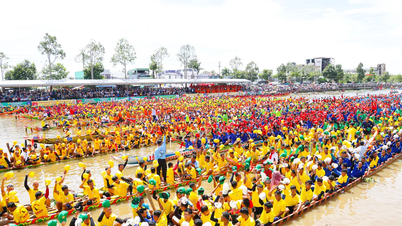


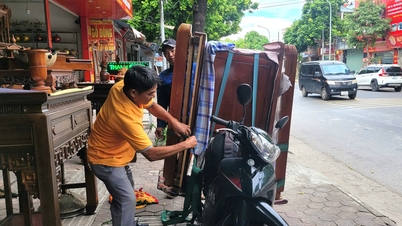

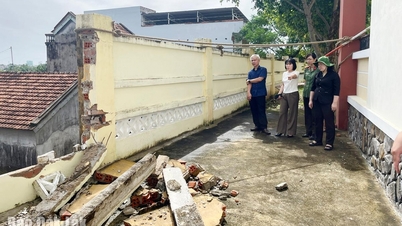










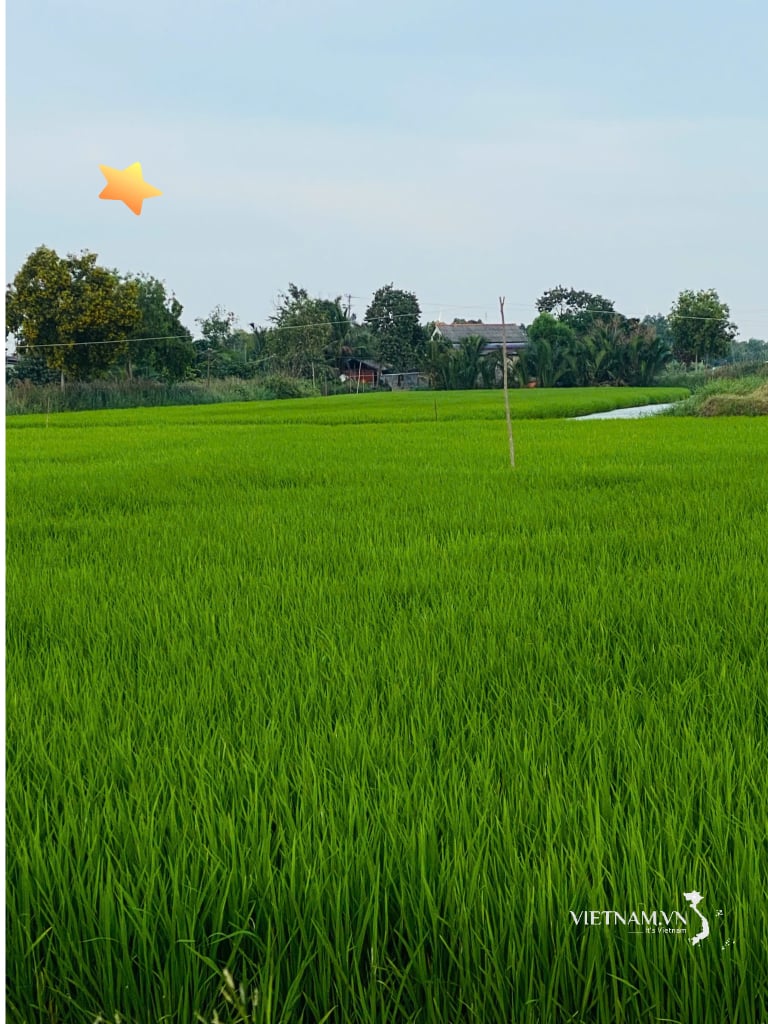



Comment (0)